People will not realise the importance of land management and the shooting industry until campaigners force the end of the sector.
That is the view of gamekeeper Bob Connelly, who works in an estate in north east Perthshire.
Bob was speaking at the Scottish Game Fair, which took place in Scone over the weekend.
The Scottish Government is preparing legislation that could see gamekeeper grouse shooting licenced.
This has come after a campaign by animal rights advocates releasing evidence which appears to show wildlife crimes such as raptor persecution and misuse of traps.
The theory goes that predators such as buzzards and hen harries are killed in order to protect grouse, which brings in a lot of money during shooting season.
Are gamekeepers victim of a hate campaign?
Bob feels much of this evidence has been manufactured as part of a “malicious” campaign to turn public opinion against gamekeepers and the shooting industry.
He said: “They want to get rid of us.
“But people don’t understand what we do and why we do it.”
A case in point is the controversial practice of heather burning.
It has been criticised as unnecessary and potentially damaging to peatland, which can release large swathes of carbon.
But Bob has a different perspective.
“You have to accept that there are going to be fires in places like that if you let it overgrow.
“So if it’s inevitable, do you want to have a controlled fire or let a wild one get out of hand?
“That would be even more damaging.”
Bob also feels it’s important gamekeepers are allowed to control predator populations in order to protect smaller species.
He said: “What we do is we build it from the ground up. We make sure the right environment is in place for insects and other small species and then bigger ones can naturally thrive on top of that.
“There’s more and more red-listed birds. If you want to protect them, it’s important to control predators such as foxes and buzzards.
“There’s a lot of people who have been manipulated to feel a certain way on social media, but don’t fully understand what we do.
“They’ll will miss us when we’re gone.”
Will legislation change things?
Bob thinks the upcoming gamekeeper shooting legislation is not needed.
“There is already rules surrounding things like traps. I can’t see how it can be legislated anymore.
“Yes, there were problems in the past with raptor persecution and things like that.
“But if you discount one or two recent examples, it hasn’t been a problem for years.”
Gamekeepers and land managers are worried
Tim Baynes is director of moorland with Scottish Land and Estates.
Also speaking at the Scottish Game Fair, he said many gamekeepers and land managers he knows are worried for their jobs.
“A lot of these people have a very specific skillset that has come down from generations.”
Tim wouldn’t go as far as Bob and say anti-shooting campaigners have adopted “malicious” practices, but he does feel they “have an agenda”.
“They want to remove shooting.
“But they are not involved in it or in managing land so they are coming at it from a different perspective.”
Tim hopes the shooting industry can work with politicians to have legislation that works for everyone.
However, he is concerned that last-minute changes might be brought in that would work against their favour.
“At the end of the day, we have to work with the government that has got the votes.
“There are people within the government who are pragmatic about the industry.
“But it can be difficult for them to publicly say so.”
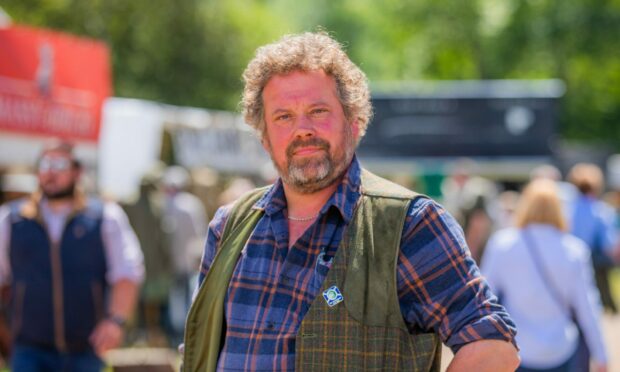
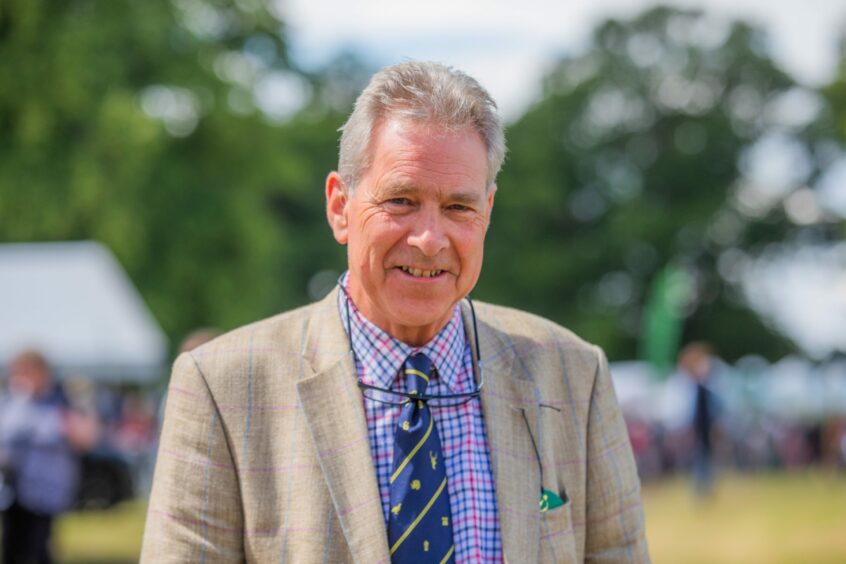




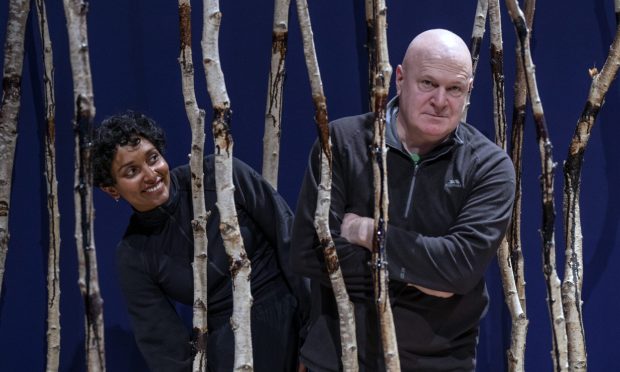
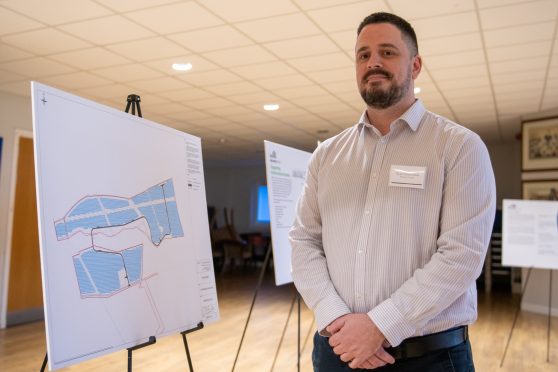
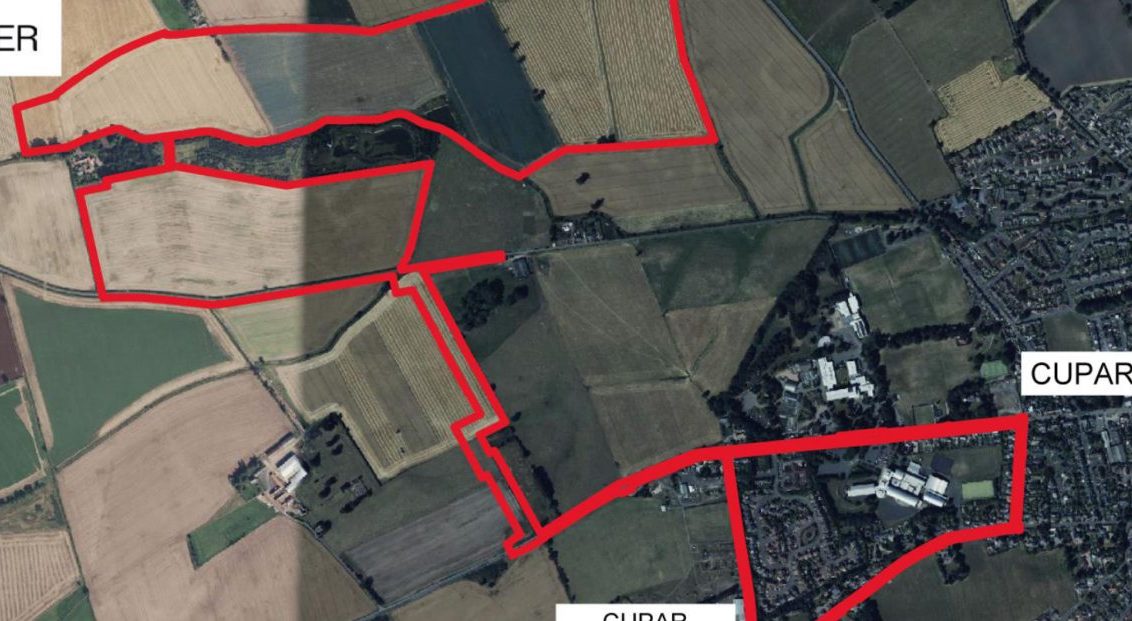
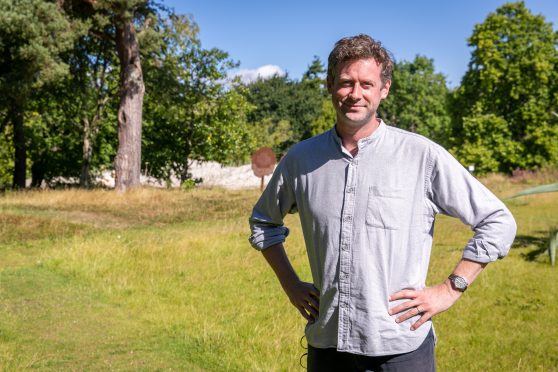
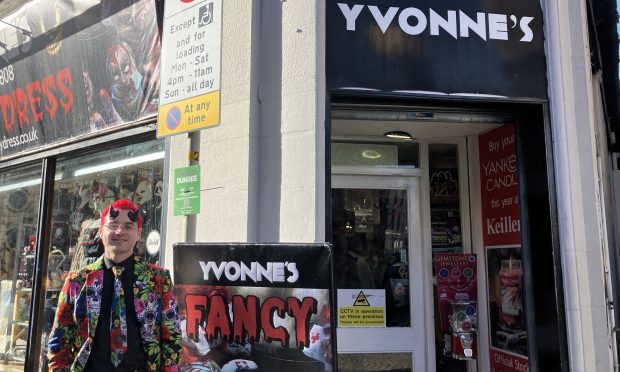
Conversation